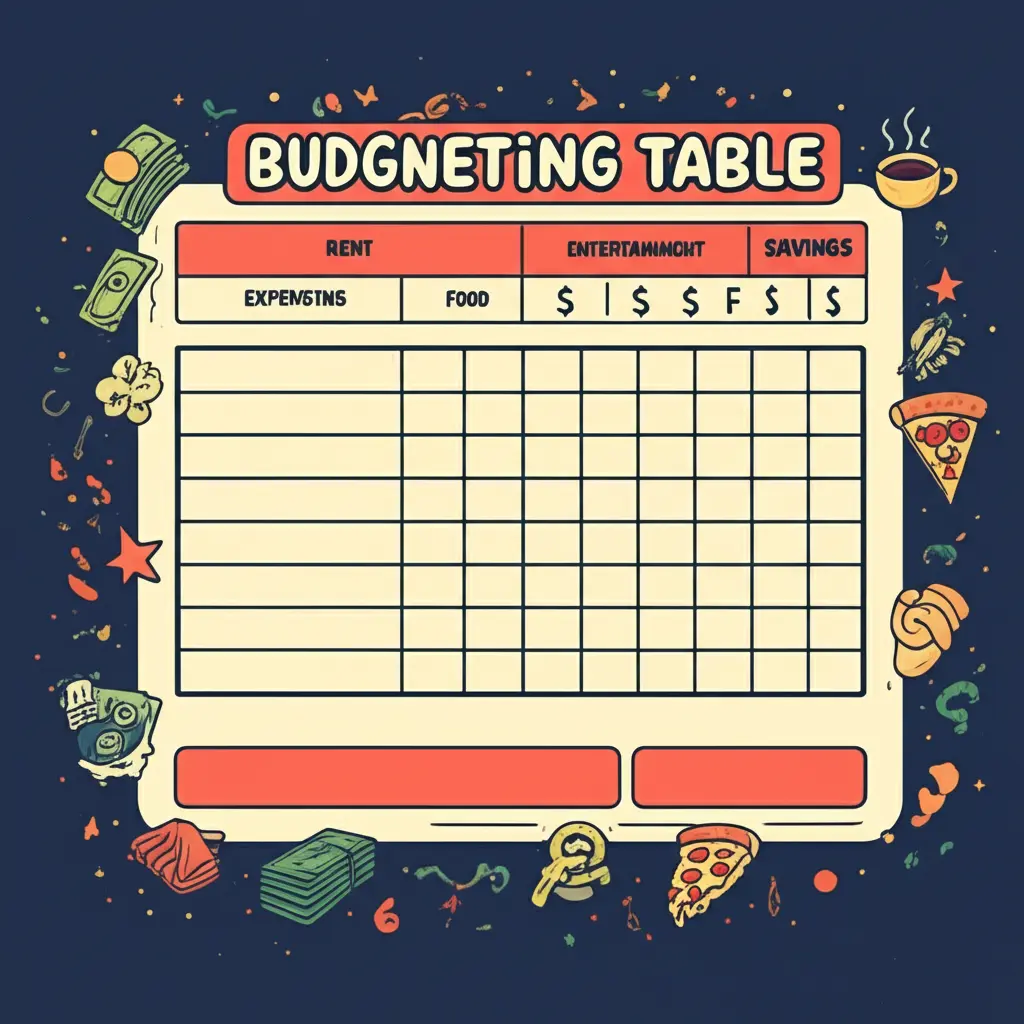Smart Money Moves: Navigating Common Financial Pitfalls
Explore practical tips to avoid common financial pitfalls and make smart money moves for a secure future.

Hey there! Let's chat about something we all think about but often feel overwhelmed by: money management. Whether you're figuring out how to start budgeting or trying to understand the world of investments, we're all navigating these waters together. The truth is, most of us didn't get a comprehensive crash course on finances growing up, so it's normal to have questions.
Why Budgeting is Your Best Friend
When I first started budgeting, it felt like trying to learn a new language. The idea of mapping out every penny seemed daunting, but here's where it changed for me. Creating a budget isn't about restricting yourself, it's about making your hard-earned money work for you. Investopedia offers great resources to get started.

With just a little organization, you'll gain insights into where your money goes and find opportunities to save and invest. Start simple: track your income versus expenses and adjust as needed. Let your budget be the map to your financial goals!
Investing Without Intimidation
Investing can feel like a high-stakes game where the stakes are your future. The terminology, the risks—it's enough to make anyone cautious. However, investing is one of the most effective ways to grow your wealth over time. Begin by familiarizing yourself with different investment types and identify which best suits your risk appetite. A helpful resource could be this NerdWallet guide.

Forget about trying to perfectly time the market; focus instead on consistency. Investing small amounts regularly, through methods like dollar-cost averaging, can mitigate the risks and ease you into becoming a seasoned investor.
Setting Financial Goals, Big and Small
Setting financial goals is crucial because it provides direction and purpose to your spending and saving habits. Whether your goal is to build an emergency fund, pay off debt, or save for a dream vacation, writing them down can transform intentions into reality.

Break down your goals into achievable milestones and celebrate each little victory. Keep track of these goals so you can adjust them over time as your circumstances change.
Conclusion: Make Your Money Work for You
We all have the potential to take control of our financial future. It begins with small, deliberate actions today, like budgeting consistently, investing smartly, and setting meaningful goals. Don't forget: every journey is personal, and progress is more important than perfection.
So, what financial moves will you make this week? Let's keep the conversation going, share experiences, and learn from one another.




